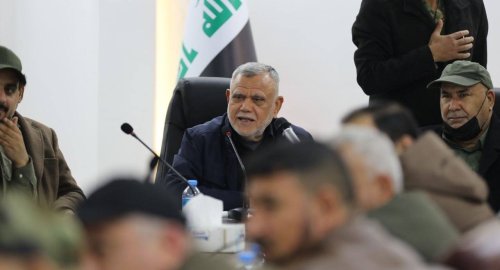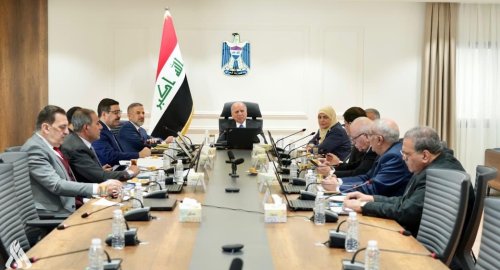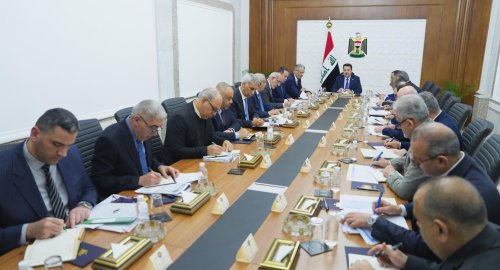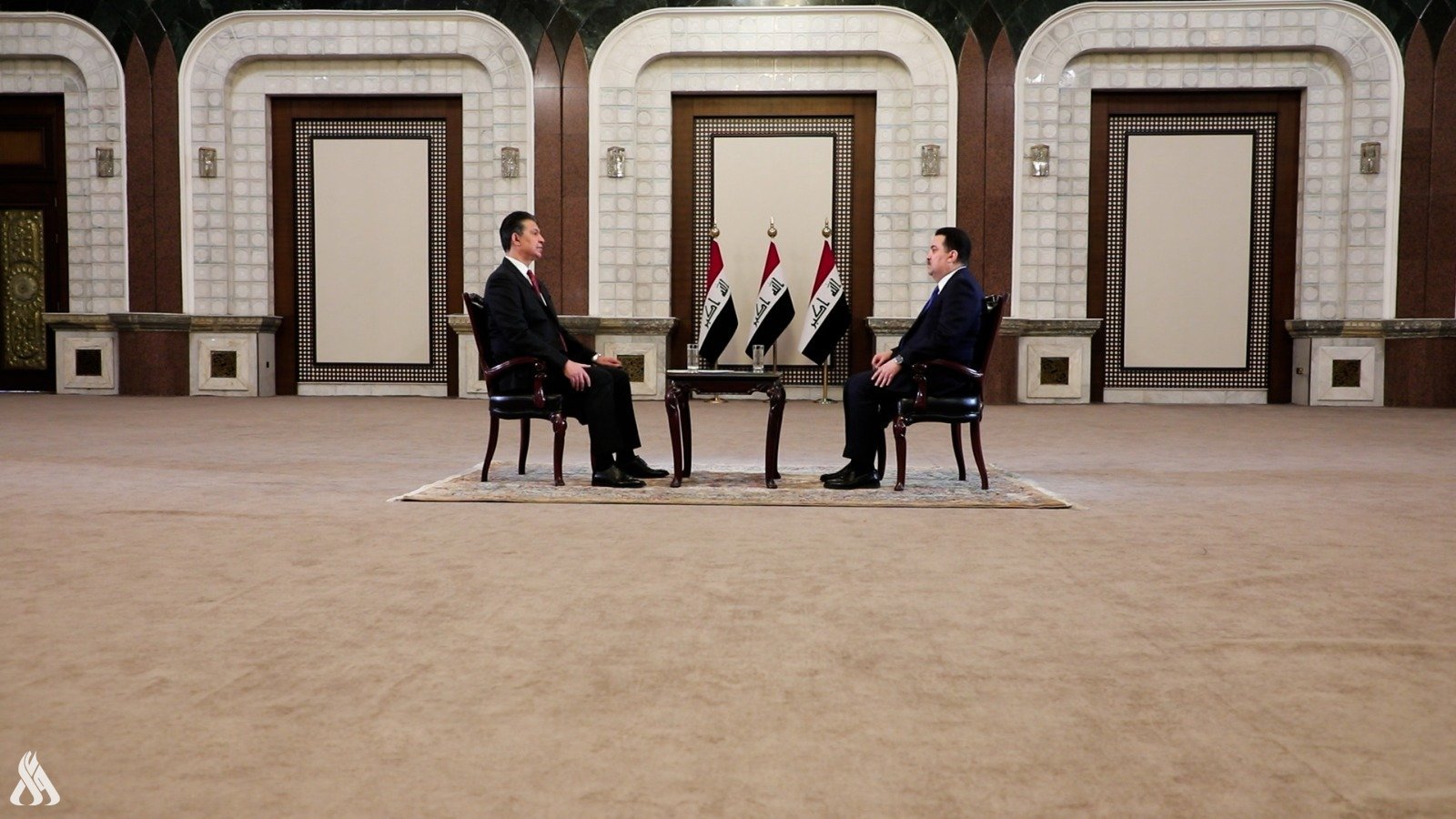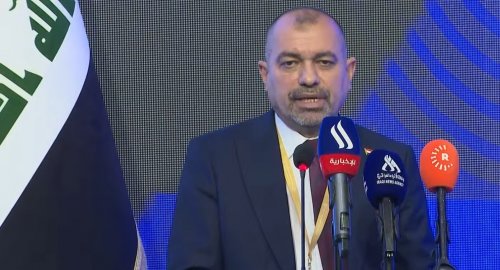
INA: Recommendations of the 4th Baghdad International Water Conf.

- 29-04-2024, 19:14
INA - BAGHDAD
The Iraqi News Agency - INA published on Monday, the recommendations of the 4th International Baghdad Conference on Water.
The recommendations are as follows:
1. Enhancing international cooperation in shared river basins following the principles of international law, respecting the rights and interests of riparian states in international rivers, ensuring their fair water needs to serve the peoples benefiting from them, and sustaining negotiations to reach fair agreements for water sharing.
2. Condemning the attacks on Gaza, targeting civilians, civilian infrastructure, and water facilities. Considering such attacks a serious violation of international humanitarian law, war crimes, and genocide. Calling on the international community to stop these crimes against our people in Palestine and provide urgent protection for them.
3. Developing the capabilities of technical and legal teams working in the field of relevant international water cooperation.
4. Establishing a joint coordination center between riparian states in shared river basins responsible for exchanging knowledge and information, as well as conducting relevant joint scientific research.
5. Formulating and enforcing policies, regulations, as well as laws related to water resource sustainability, especially the sixth goal of sustainable development, including water policies outlining goals for water use, protection, and conservation, alongside establishing a regulatory framework specifying institutional arrangements and functions, as well as understanding resources and needs.
6. Emphasizing the preservation of natural and environmental systems as well as relevant World Heritage sites. Developing their communities as one of nature-based solutions to contribute to reducing the impacts of climate change. Securing necessary water to ensure its sustainability it is a right of populations and the environment benefiting from it, and the associated biodiversity.
7. Reinforcing the unique value of water to incentivize the public, including water users, to support the capacities of water management, agriculture, energy, environment, and finance systems in mitigating the effects of climate change using a comprehensive financial approach considering climate and mobilizing human resources including women and youth.
8. Emphasizing sustainable use of groundwater and ensuring its preservation, with priority given to drinking water use.
9. Efficient water uses in arid and semi-arid areas to achieve the highest possible benefit from the water available for agricultural irrigation.
10. Strengthening guidance and water awareness roles through educational institutions to rationalize water use, activate youth participation and their constructive roles in voluntary environmental conservation, and establish an official program for awareness and public information regarding the value of water and the actual costs borne by communities due to its waste.
11. Expanding the use of water harvesting techniques, solar energy for desalination, safe use of treated agricultural drainage water in agriculture, monitoring the quality of surface and groundwater, highlighting drought solutions through water sector flexibility and its connection to population migration issues. This results from climate change and national security, in addition to enhancing agricultural systems, finance, and governance.
12. Expanding the use of remote sensing and artificial intelligence technologies in developing water resource monitoring and management and its violations.
13. Conducting comprehensive risk assessments to identify vulnerable areas and populations at risk related to water. In addition to that, establishing early warning systems to ensure timely alerts and ensure rapid response.
14. Creating an enabling environment for the formation of start-up technology companies to attract investment and create job opportunities in areas maximizing water resources.
15. Creating suitable conditions for social innovation and community participation, including involving local communities in designing and implementing water resource maximization projects to enhance sustainable solutions from within.
16. Using effective irrigation techniques such as drip irrigation and high-efficiency sprinklers, providing financial support and banking facilities for them. Developing the industry and raising awareness of the importance of sustainable water use in society to reduce water footprint.
17. Enhancing cooperation and partnerships to address the challenges of energy-water-environment-food security nexus through coordination and cross-border partnerships, sustainability, clean technology, awareness, education, investment, justice and equality, governance, innovation, and regional integration.
18. Continuing to monitor the implementation of the recommendations of the 3rd and 4th International Baghdad Conference on Water through the conference secretariat and developing a vision for the themes and objectives of the conference for its 5th edition.
PM Al-Sudani chairs a special meeting on energy projects
- politics
- 07:58
US Central Command: We killed ISIS terrorist leader Abu Yusuf in Syria
- International
- 24/12/20
Liverpool compete with Real Madrid to sign Olympique Lyonnais star
- Security
- 24/12/19
Iraq assumes presidency of Arab Investment Company’s Executive Board
- Economy
- 24/12/17
Hackers exploiting Microsoft Teams to gain remote access to user’s system
- Multimedia
- 24/12/17




